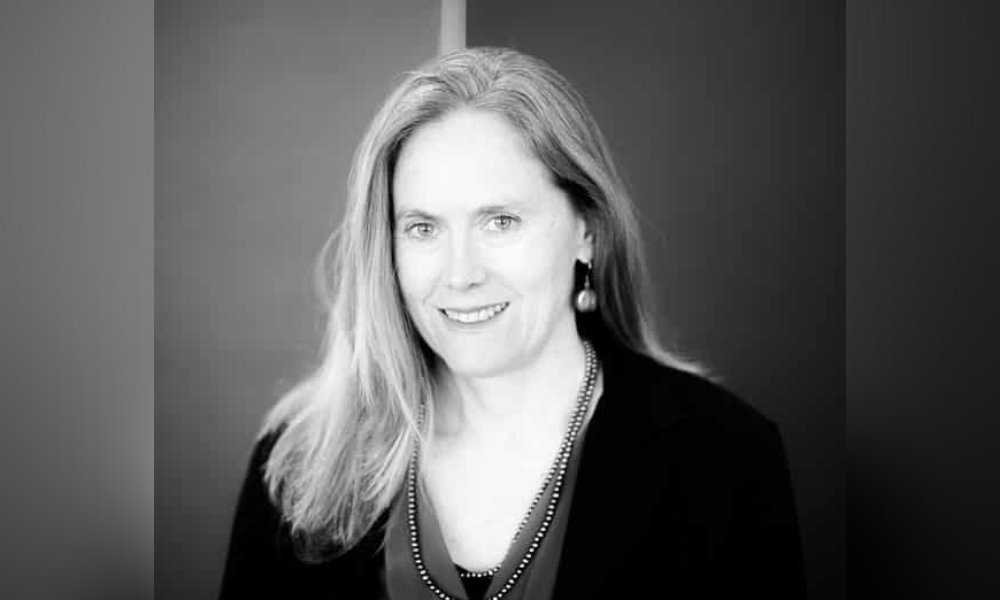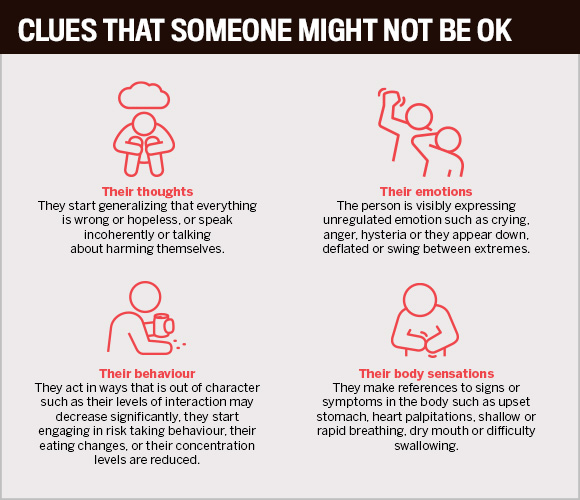
Harm prevention charity helps people through tough times and psychologist says it's critical we reach out to others

Mental health has come into the spotlight after Australians endured some of the toughest COVID-19 restrictions in the world. Faced with almost never-ending lockdowns in Victoria, curfews, and politicians changing the rules on a daily basis, Australians have encountered two years of employment uncertainty, restrictions of freedoms and financial constraints. As such, employees are turning increasingly to mental health services for support.
Dr Melisah Feeney, principal consultant, organisational psychologist and executive coach at Bendelta, Sydney, told HRD. “If we saw someone walking into the office with a physical injury such as hopping along with crutches, or trying to open a door open with one arm in a sling, or if the person was in a wheelchair struggling in some way, we would more confidently ask them are you ok? Do you need help?
“But we are far less confident to know how to respond when we see someone looking slightly down, or with tears in their eyes, or withdrawn, or looking more anxious than their usual self.
“Sadly, many people often avoid, sidestep or leave the person alone for fear of not knowing how to hold the conversation or feel they might be unqualified to do so. So, having a day that raises awareness of how simple it can be to show we care for someone without needing to be a therapist is a positive step to building our comfort to engage with mental health in the workplace.”
Read more: HR professionals speculate on impact after new Omicron cases recorded
R U OK? Is a harm prevention charity that encourages people to stay connected and have conversations that can help others through difficult times in their lives. It focuses on building the motivation, confidence, and skills of the help-giver - the person who can have a meaningful conversation with someone who is struggling with life.

“R U OK? day is critical as we are not yet as skilled and courageous to hold conversation on mental health and wellbeing, and this day helps us practice how easy it can be to open an authentic conversation with a simple R U OK?”, Dr Feeney added. “R U OK? is a great opener to start with following by something like ‘you don’t seem yourself’. If people respond from their habitual response ‘I am good’ you can respond by saying, ‘how are you really?’
“You can perhaps reflect back what you have noticed factually - without any judgement. For example, you could say, ‘I am concerned about you, you normally are optimistic about things but in the past week I have noticed how gloomy everything appears to you’.
“People often need to know you are open to a deeper conversation where it is safe to share a certain level of vulnerability. You may want to ask, ‘how often have you had these thoughts or feelings?’ and then it is powerful to reflect back the content you hear that tells the person, ‘I hear you.’’’
In September, the Australian National University published results of a comprehensive survey into the effects of the global pandemic on Australians. In August, the university surveyed 3,135 Australians aged 18 and older, 763 of whom were parents or caregivers with children aged 18 and under living in their household from the time the pandemic hit. The sample had 1,368 children between them.
Parents and carers were asked about the mental health of their children and reported they had seen the largest negative impact on the mental health of those aged five to 18 years, while there were fewer concerns for children aged two to four. Co-author of the study, Professor Nicholas Biddle said 71% of parents and carers of young people aged 15 to 18 reported worsening mental health conditions for their children. A Sydney University found that those who experienced unemployment and financial certainty suffered poor mental health. According to the Australian government survey conducted in 2019, just before the global pandemic started, suicide was the main cause of death for Australians aged between 15 – 49 years old.
Mental health has never been more important in a world of uncertainty where freedoms can change in hours.
Are you or someone you know struggling with mental health concerns? Call the numbers below to speak to a specialist.